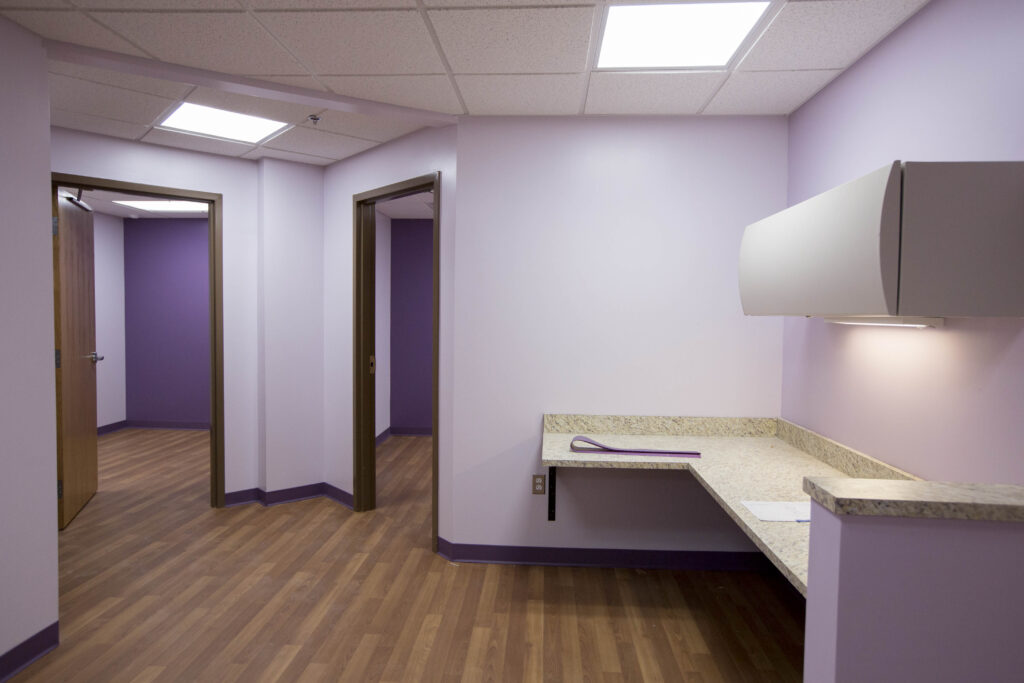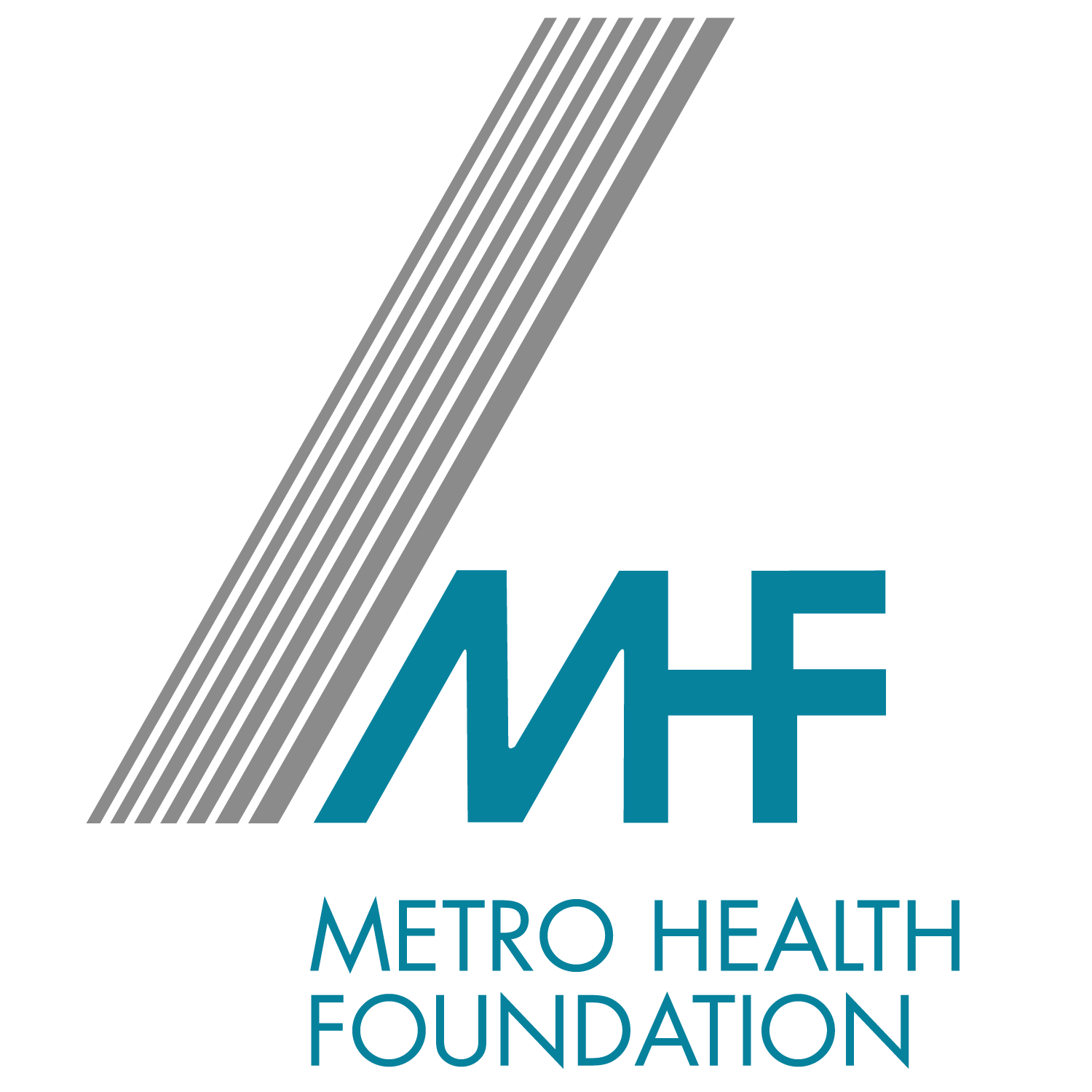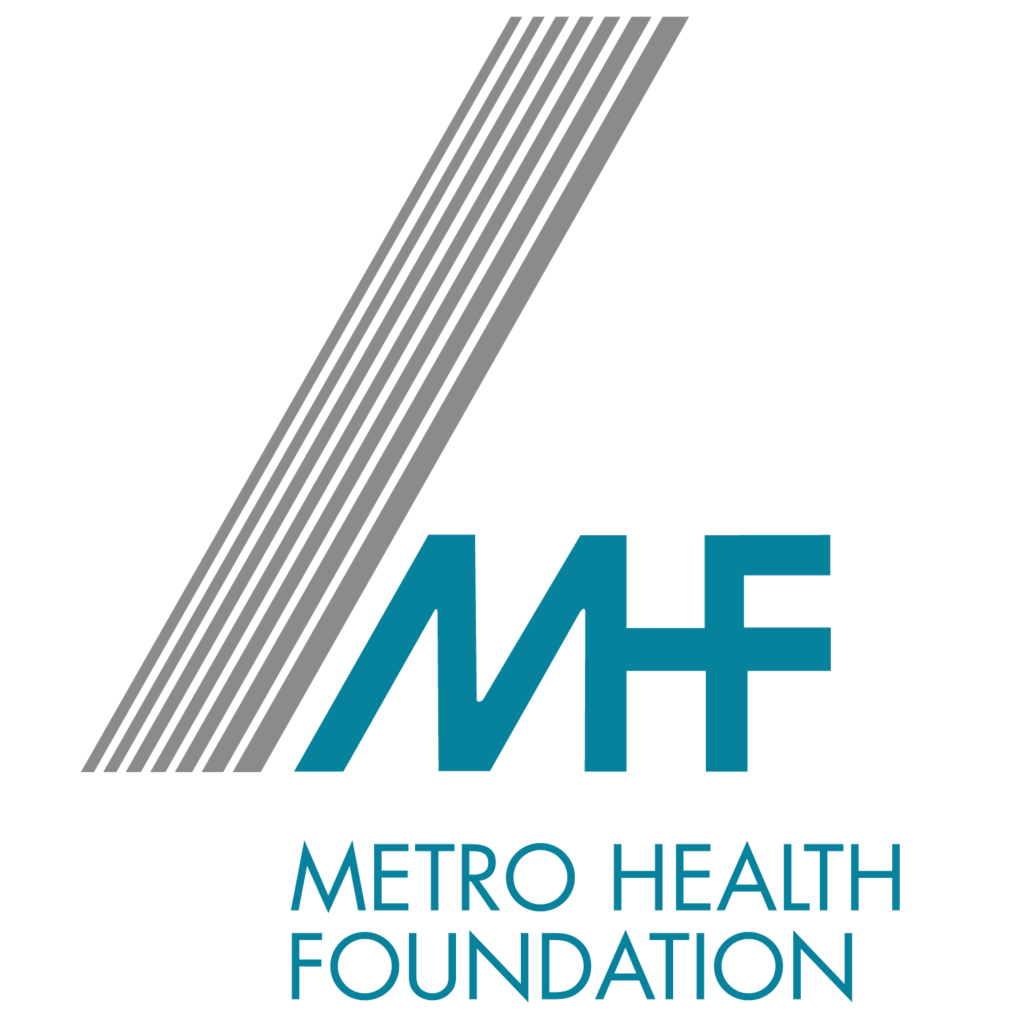Metro Health Foundation’s priority is to support programs within the City of Detroit and the surrounding tri-county area. Grants are based on three guiding principles:
- For primary, physical health care and health-related services;
- For underfunded projects rather than to augment otherwise worthy but funded projects;
- For projects and institutions that strive to do a lot with a little – endeavors that are struggling with underfunded situations.
The Foundation does not have a hard and fast rule regarding grants in full versus partial grants, seed money, or matching and challenge grants.
MHF will consider time-limited requests for operating costs from organizations. Such grants will be considered a bridge to other committed funding. The organization must have a sustainability plan with prospective funding sources in order to be considered.
The MHF philosophy is for grants which basically satisfy the grantees’ under- funded needs by means of a one-time grant. However, MHF will consider subsequent grant requests for the same project – depending on the trustees’ assessment and the grantees’ follow- through.

Generally, grants will not be made for more than $50,000, except in special circumstances. Grants may support one- or multi-year projects. In addition:
- Brick and mortar grants are discouraged. However, MHF will consider requests for initiatives that will help an organization to build capacity, including requests for new equipment, facility renovations, technology, new health center access points, etc.
- No grants will be made to municipalities, other government entities, any governmental departments or government funds, except by specific Board action.
- MHF will not provide loans; support religious organizations; indulge in lobbying; or support organizations which discriminate because of age, race, ethnic origin, religion, sexual orientation, gender identity, disability or sex.

Areas of Program Interest
In response to changes in access to primary physical health care resulting from health care reform, MHF funding priorities since 2013 include:
- Increasing the capacity of organizations providing primary physical health care to become medical homes for the newly insured;
- Supporting community-based organizations in providing Affordable Care Act (ACA) outreach, education and enrollment;
- Supporting prior grantees and other community-based organizations as they develop programs and modify their current operations to reflect new opportunities resulting from health care reform;
- Supporting activities to increase the size of the health care workforce and to assist with ongoing training and professional development; and
- Supporting public policy development that addresses the needs of vulnerable populations consistent with MHF’s mission.
Recent Focus Areas
Health Outreach, Education, and Enrollment
Health outreach programs play a critical role in improving and extending the reach of health care through activities such as health education, case management, basic health screening, and facilitating access to services.
Lack of access to care is one of the most significant issues in Metro Detroit, with many people either not having the funds, transportation, or in some cases, trust in the healthcare system to procure the care they need and deserve for themselves and their families.
Proper outreach programs would not only serve to improve health outcomes for the area’s population, but also empower patients to realize that they can in fact make a positive impact on their own health.
As a result, outreach programs are of particular interest to Metro Health Foundation, and we encourage prospective grantees with relevant projects to submit proposals.
Supporting Community Health Workers
Metro Health Foundation wholeheartedly advocates for the importance of community health workers (CHWs) and the significant impact that they can yield on their communities. CHWs occupy a unique space in healthcare, but drawing on their individual lived experiences and professional training to connect to the people in their communities. CHWs and other health navigators are critical resources for the newly-insured as well.
From serving as community liaisons between vulnerable populations and healthcare providers, to promoting cultural competence among medical facilities serving more stigmatized groups, the need for CHWs in the Metro Detroit area is sore and clear.
As such, Metro Health Foundation advocates for sustainable funding for Community Health Workers. Proposals that aim to support this end are welcomed.
Consumer Voice in Health Care Reform
Health care reform is one of the most significant social innovations in the United States in the 21st century. Health care was a prominent policy issue in the 2020 presidential campaign and it continues to be a major policy issue in the State of Michigan. States have a significant role in developing and implementing reforms to the health care system affecting access to health care for state residents.
Health care reform to date and the recent health care changes in the COVID pandemic certainly allowed more people in Metro Detroit to access health care. However, COVID also showed the how the complexity and fragmentation of our health care system made it difficult for at-risk urban populations to get needed care.
Health providers, hospitals, insurance companies, paramedical companies, employers and other groups have major stakes in health care reform and have significant influence on how that reform is shaped. However, consumers have little or no direct influence in health care policy. Policy set over the next several years will determine whether residents, including low-income and high-need populations, will have access to affordable, quality healthcare in Michigan.
MHF is interested in supporting consumer leaders interested in enhancing the consumer voice in health care reform in Michigan.
Proposal Review Process
All proposals are reviewed by MHF staff. Those consistent with the MHF mission and scope of interest are assigned to review teams composed of MHF Board Trustees.
Consensus recommendations from each review team are then considered by the full Board of Trustees which makes all final funding decisions.
Grant Application Procedure
Organizations seeking a grant from the Metro Health Foundation must be tax- exempt and not classified as a private foundation.
You are encouraged to evaluate your needs against the scope of interest outlined above.
All funding requests must be discussed with foundation staff prior to preparation and submission.
Foundation staff will determine if a grant request letter or full grant application should be used. Use of specific grant request letter or grant applications is required.
For your convenience, you can download a PDF version of our grantmaking guidelines.
If you feel that your particular program is within this framework, please contact us. Deadlines for submitting grant applications are February 1 and August 1.

